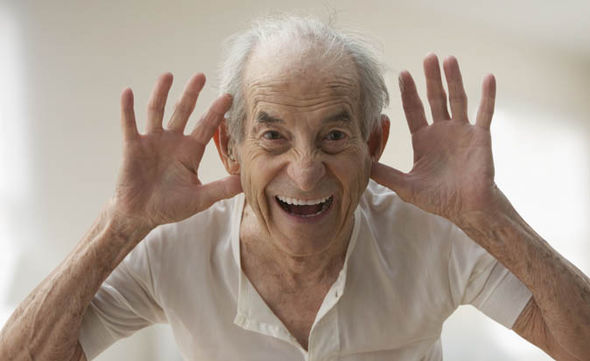Ageism is a discrimination that occurs very frequently in our everyday lives, and we may not even be aware of it. Unlike other forms of discrimination, we subconsciously accept ageism. This might be because we’re not even aware of our negative perceptions towards ageing. We don’t understand that like racism and sexism, it works the same way and is still a form of discrimination. The following are examples of how ageism has been subtly embedded in our everyday lives.
- Blaming our age for ‘memory loss’
Sometimes we forget things and that is normal. We forget the name of the movie we watched las t week or we forget what dinner we had on that particular Saturday night. If you’re in your 20s and you misplaced your wallet or mobile phone, you usually just experience frustration. But if you’re in your 40s or 50s and you forget where you placed your wallet/mobile phone, it’s a completely different story. You blame your age for ‘forgetting’. “I’m getting old, my memory’s becoming weaker…” It’s a common phrase we hear all the time. Research shows that perceptions of age-related memory loss is unnecessary. It is human nature to forget things at times so we should avoid linking the two.
t week or we forget what dinner we had on that particular Saturday night. If you’re in your 20s and you misplaced your wallet or mobile phone, you usually just experience frustration. But if you’re in your 40s or 50s and you forget where you placed your wallet/mobile phone, it’s a completely different story. You blame your age for ‘forgetting’. “I’m getting old, my memory’s becoming weaker…” It’s a common phrase we hear all the time. Research shows that perceptions of age-related memory loss is unnecessary. It is human nature to forget things at times so we should avoid linking the two.
2. 90% of marketing target people under 50!!!
This is extremely questionable since more than 25% of the world’s population is composed of people who are 50+. These older age groups usually have higher disposable income and are willing to spend MORE than younger people.
 E.g. Anti-aging products are frequently advertised, targeting people who are too afraid to age. This might increase sales for these brand but it further reinforces the idea of ageism! This clearly shows that ageism is not viewed as a serious issue in our society.
E.g. Anti-aging products are frequently advertised, targeting people who are too afraid to age. This might increase sales for these brand but it further reinforces the idea of ageism! This clearly shows that ageism is not viewed as a serious issue in our society.
3. Unhelpful stereotypes we put on older people
Let’s admit it, we’ve done it subconsciously countless times. There are certain traits people immediately associate with older people. Memory loss, being grumpy , physically incapable …and the list goes on. Unfortunately these stereotypes usually stem from what the media portrays to us. Media provide misleading portrayals of older people by repetitively casting older characters with similar traits -being depressed, lonely and grumpy. This certainly affects how people view older people when they’ve been exposed to these media channels at such a young age.
On top of that, there seems to unnecessary expectations on how older people should dress and act. I’m sure many of us have been shopping before and picked out a dress or shirt that we state ‘this is what my grandma would wear’ or ‘this is what old people wear’.
4. Phrases we use that sound degrading to older people
As mentioned in the previous blog, we must be aware of the language we use when we address older people. “Old people go there!” or “I think it’s for old people” These phrases may sound very familiar…it comes straight out of our mouths without us thinking.
Don’t think ‘these older people’ can’t hear you, because they know. Due to these labels, many people who are 80+ are too reluctant to go to senior centres because ‘that’s where old people go’. Imagine if people said ‘asians go here’, ‘nerds go here’…people won’t be happy.
5. Lack of knowledge on ageing leading to healthcare crisis
There is an gap of knowledge between experts and the general public’s understanding on ageing. The general public assume that deterioration of health is just a natural process of ‘getting old’. Experts stress that the environment we age within, i.e. our homes, plays a major factor in influencing our health as we age.

This is such a great campaign – it’s terrible the way age seems to devalue opinions and can be so dehumanising. Particularly for women, the idea that you are worth less as soon as you don’t look young is still so ingrained in society. It makes me so sad when women say “never ask a woman her age” or refuse to disclose theirs – it shouldn’t have such a negative connotation but it unfortunately still does.
LikeLike
Honestly, I’ve always had a bad memory. This is so true!
LikeLike
Very insightful article!
LikeLike